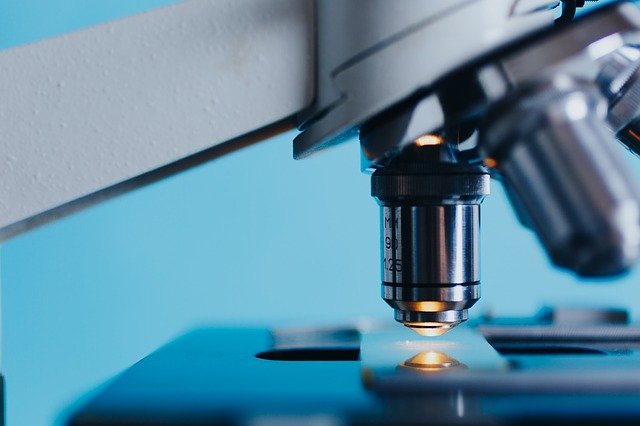Franciscan monk Paolo Benanti is the brains behind the Rome Call, a pact aimed at making sure artificial intelligence is developed with ethics in mind. He tells us why religions should be part of that conversation.
Nabil Nezzar
PAOLO BENANTI wakes early in the monastery in Rome where he lives to begin each day in prayer. So far, so conventional – for a monk. But outside of the monastery, Benanti’s life is less typical. He trained as an engineer and ethicist, and he now spends his time at the nearby Pontifical Gregorian University, where he teaches the ethics of artificial intelligence. He also frequently walks over to visit Pope Francis himself, to whom he has become a trusted adviser on AI.
This has become an important topic for the pontiff because he fears it could adversely affect the most vulnerable members of society, and increase the world’s already stark inequality. To fight against this, Benanti helped draft the Rome Call, a commitment, signed in March 2020 by global tech firms IBM and Microsoft, that human dignity will always be a priority as AI is rolled out worldwide. With an expanded version of the pact now in the works, New Scientist spoke with Benanti about the role of religions in the control of technology, if an AI apocalypse is on the cards and whether an algorithm could ever replace God.
Charlotte Lytton: Why did you become a monk?
Paolo Benanti: When I finished high school, I went to study engineering at university. But in the last year, before I got my degree, I decided to change my life and I joined the [Franciscan] order. I’m curious about human nature, what it means to be human, and I was looking to understand reality. I realised that engineering was a good way to approximate reality, but I was starting to look …

